Swiss prices nibble away at Swiss wages
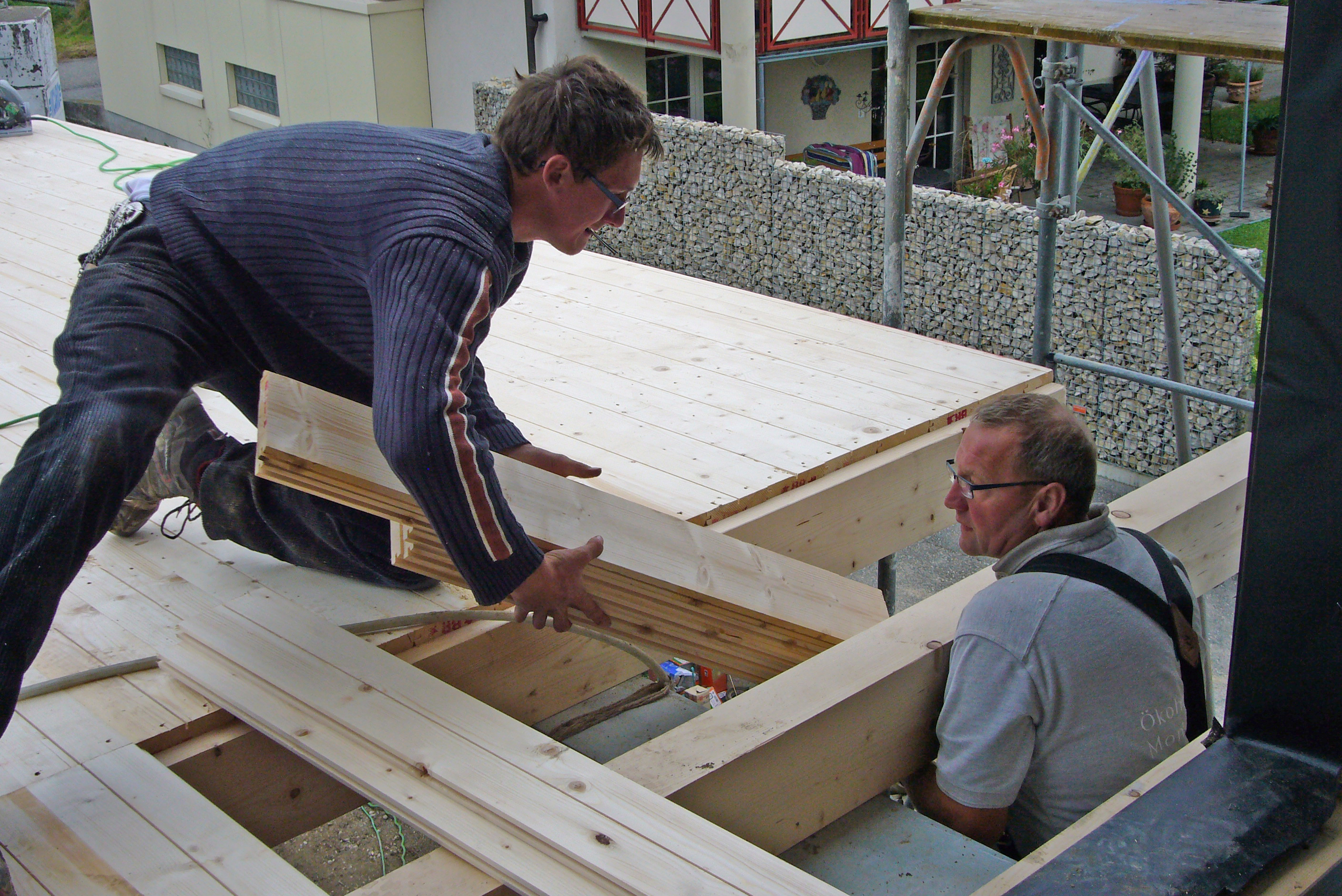
When German construction firms send their carpenters to Switzerland for short-term jobs, it is a chance for both the company and its employees to earn some extra cash. But this has its pitfalls, considering the cost of living, albeit temporarily.
The house in Kräiligen is wrapped in black plastic sheeting. Though it vaguely resembles the work of modern artist Christo, it is in fact the handiwork of German carpenters Hermann Dietsche and Thomas Schwemmer and their Polish colleague.
Dietsche, 53, comes from Bonndorf in the Black Forest, where he lives with his wife and three children, while 24-year-old Schwemmer is single and comes from the village of Klettgau, also in Baden-Württemberg. Both are employed by Brunner, a small carpentry firm in Untermettingen – just a stone’s throw from the Swiss border. Three or four times a year, boss Mathias Brunner sends his men to Switzerland for short-term assignments. These usually last a week – occasionally two.
To prevent wage dumping, these jobs abroad are regulated and limited to 90 days in length. Under a collective bargaining agreement, foreign employers are obliged by law to compensate their workers for the difference between the German salaries and Swiss minimum wage. To facilitate the free movement of people working in Europe, Switzerland has agreed to a package of measures with the European Union.
Within four days, the trio of carpenters has completed the woodwork for the Minergie-standard house in Kräiligen. Schwemmer and Dietsche enjoy coming to work in Switzerland.
“Assembly is assembly, and the workload has to be fulfilled here too. But Switzerland is more profitable,” Dietsche points out. But he can’t – or perhaps doesn’t want to – say by how much. Some German tile-layers working on another construction site told swissinfo.ch that they were getting about one third more pay.
Mealtime
At lunchtime, the workers sit on piles of insulation munching on bread and sausages, which they wash down with lemonade. But they don’t always dine so cheaply in Switzerland. In the restaurant where they ate last night, simple kebab dishes and a single round of drinks cost SFr65 ($69) for the three of them.
“You have to think twice about what you order,” Schwemmer says, still reeling from the steep prices. In Germany, the same meal would have cost €25 maximum (SFr30). “But you eat well here, and the portions are big,” he notes.
The two carpenters especially appreciate Swiss sausages, cheese and coffee. Dietsche likes to bring ground coffee home to his wife, and
Schwemmer enthuses about the quality of the bread and croissants. In fact, the men like Swiss food so much that they regularly cross the border to shop in Switzerland – a nice change from the products from Aldi and Lidl, as Schwemmer says.
If the work in Switzerland is close enough to the border, the men go home at night. Given the 120 kilometres between Untermettingen and Kräiligen, Brunner has rented a holiday home for his men in nearby Zuchwil. If they decide to cook for themselves, they’ll need to be mindful of when the shops close – another adjustment compared with the opening hours back home.
Friendly inspectors
An almost integral part of their daily work in Switzerland are the visits by labour market inspectors, which the German carpenters can understand the need for.
“We find the visits are good, and the inspectors are always friendly and personable,” says Dietsche. “One told us that these inspections ensured that we were getting paid properly for our work.”
In Germany, construction site inspections are more like raids – at least if there’s been a complaint. “In Leipzig, I once saw a construction site that was downright surrounded ,” recalls the carpenters’ foreman.
On site, the inspectors make a note of the wages and other payments. In a second step they clarify whether the employers are actually paying the wage difference. This is based on the pay slips, which Brunner must send to the Swiss authorities.
Administrative hurdles
He has been sending carpenters to Switzerland since 2009, he told swissinfo.ch. If the inspections turned up violations of the law he would first get a warning, then a fine, and in the last resort would no longer be allowed to send his workers over the border.
Brunner puts the proportion of Swiss contracts in his yearly turnover at about 20 per cent. But he also gains something that can’t be put into figures. “You see something different, and that makes the work interesting,” he explains.
Every time he wants to send a team of workers on a cross-border assignment he has to notify the relevant cantonal economic authorities in advance. He must provide precise details of the location, contract, duration and number of specialist workers he is sending. But that is only part of it. “There is an awful lot of paperwork,“ he says. When he started out he turned to professional advisers for help.
The lunch break is coming to an end in Kräiligen. Schwemmer finishes up with a bar of Swiss chocolate with hazelnuts. “For my nerves,” he laughs. Not that it is really necessary, since he, Dietsche and their Polish colleague can look forward confidently to completing the timber work by the end of the day.
The agreement on the free movement of persons which came into force in June 2002 is one of seven bilateral agreements signed by Switzerland and the then 15 member states of the European Union in 1999.
Swiss voters approved the package of agreements in 2000 by 67.2%.
In 2005 Swiss voters approved by 56% the extension of free movement to citizens of the 10 new EU states.
In 2009 the Swiss approved by 59.6% the prolongation of the agreement and its extension to cover Bulgaria and Romania.
In 2011, a total of about 180,000 people from the EU – employed and self-employed – worked in Switzerland for a period of less than 90 days. This was 22% up on 2010.
Labour market inspectors, who are grouped in an association, checked about 140,000 people and 14,500 EU firms that assigned workers to jobs in Switzerland. They also checked 18,000 Swiss firms.
The cantonal tripartite commissions – made up of employees, employers and authorities – found a slight increase in cases of apparent wage dumping in comparison with 2010: for EU companies it rose from 12% to 14%, and for Swiss ones from 6% to 9%.
It did not give figures for phoney self-employment.
(Source: Seco report May 2012).
(Translated from German by Susan Vogel-Misicka)

In compliance with the JTI standards
More: SWI swissinfo.ch certified by the Journalism Trust Initiative

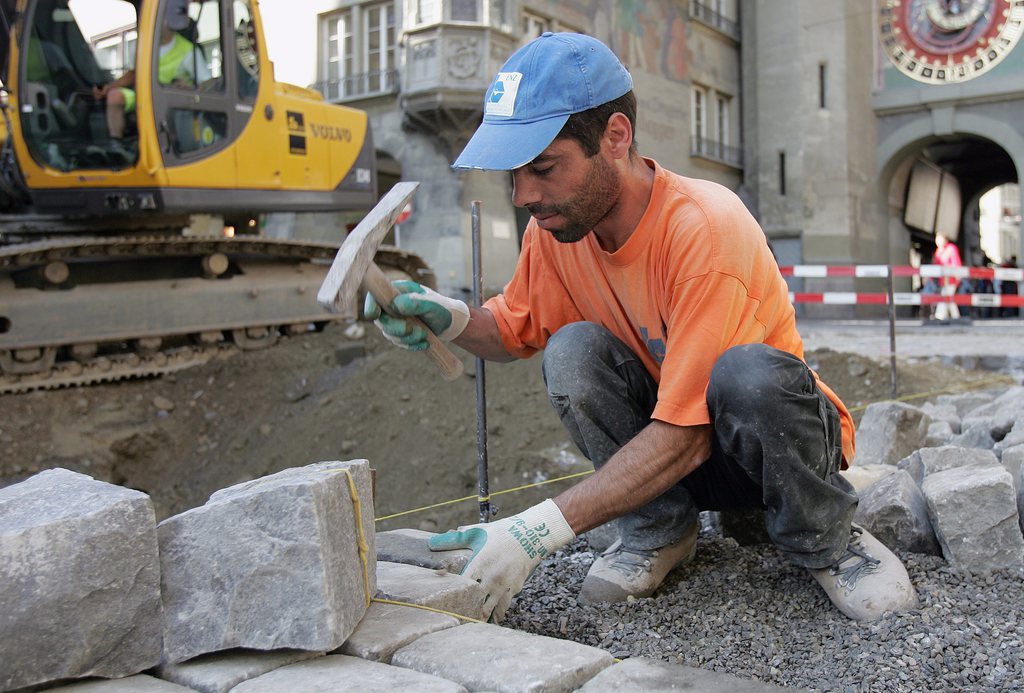
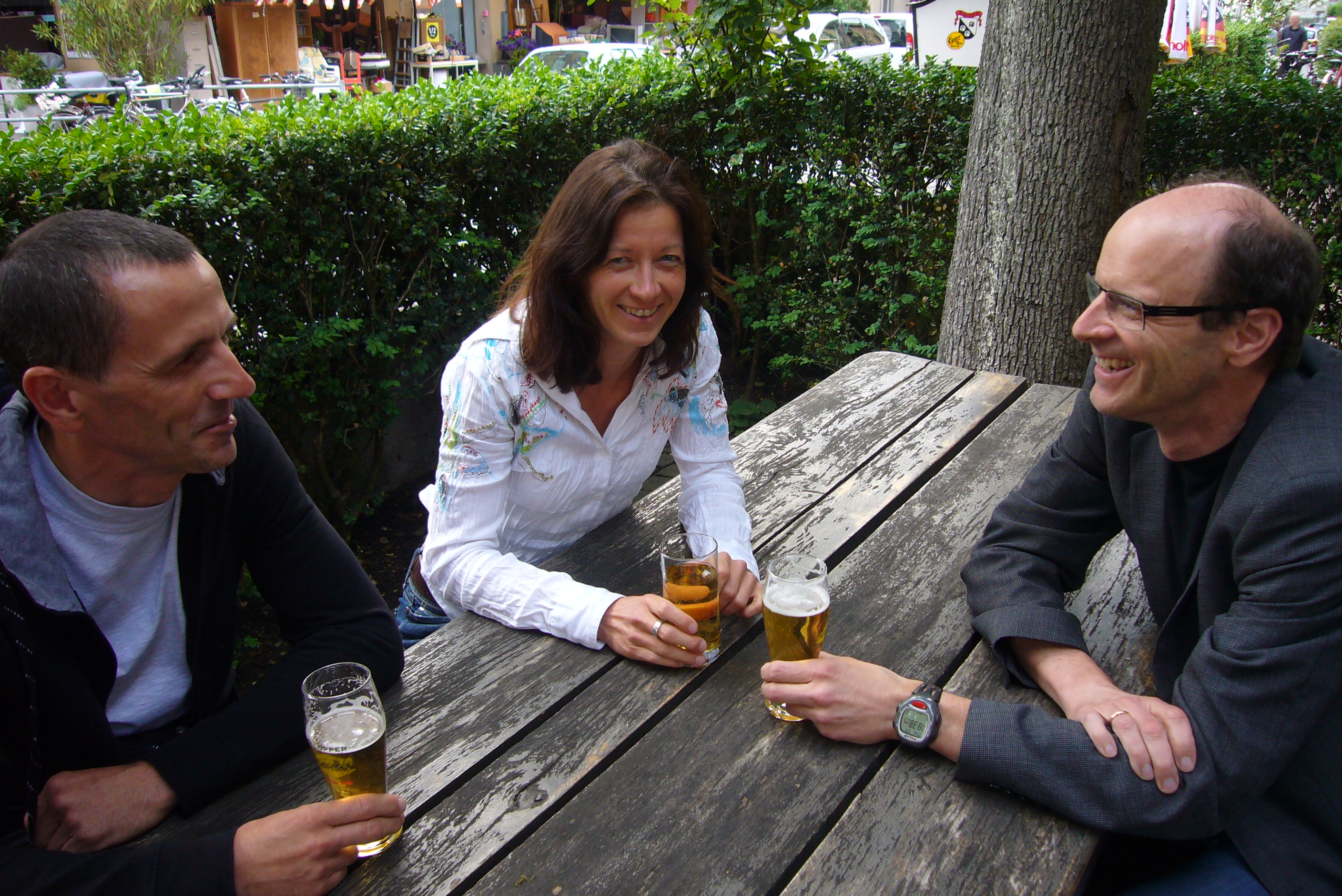

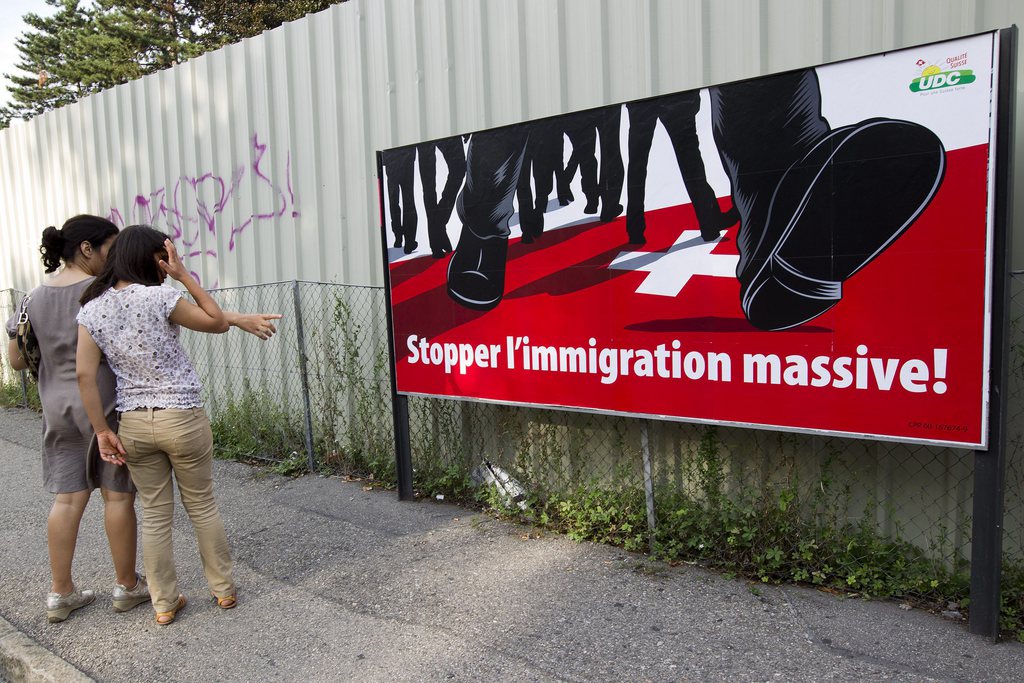
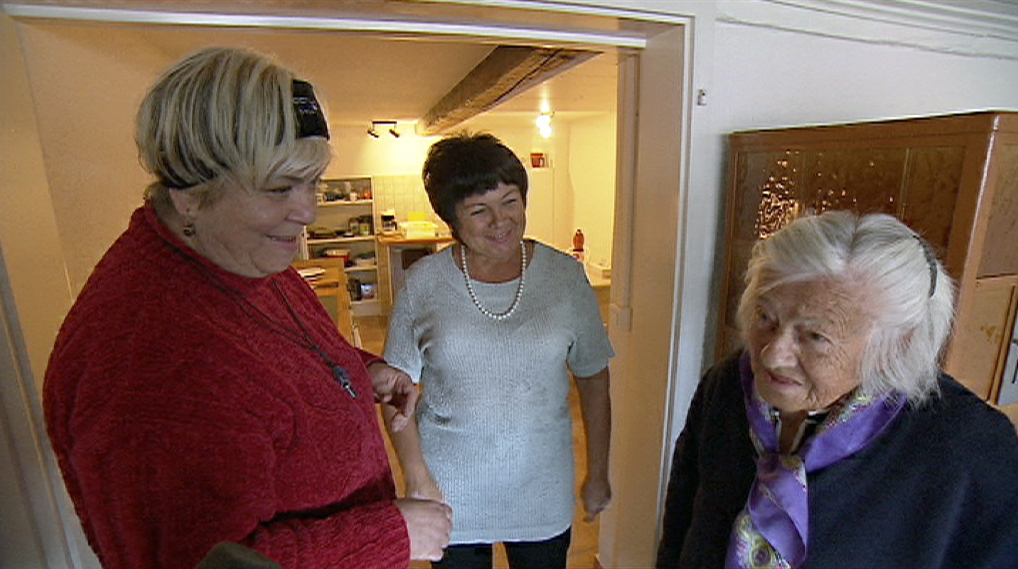

You can find an overview of ongoing debates with our journalists here. Please join us!
If you want to start a conversation about a topic raised in this article or want to report factual errors, email us at english@swissinfo.ch.